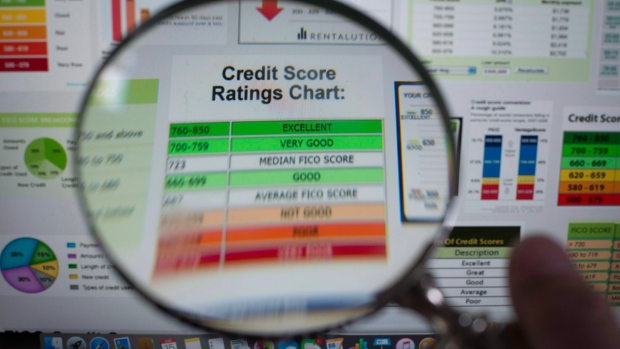Feb 23, 2017
Pattie's financial tip of the day: A better credit score equals better rates

Your credit score matters. Lenders will use your credit score, which could range from 300 to 900, to determine your ability to pay down debt. Your credit score can also influence the terms and rates of the borrowing facility and based on this score, your application could be rejected entirely.
TransUnion believes it is time to shake up this metric and look into real-time data. Using a metric called “total payment ratio,” or TPR, it attempts to correlate payment amount and delinquency. It is calculated by dividing consumer’s total monthly debt payments across all their credit cards by the minimum payment required.
Here is an example of how it could work, supported by data compiled by TransUnion. The higher the TPR, the less likely delinquency will happen. Someone who pays $2,000 when only a $200 minimum is required, has a TPR of 10. The TransUnion study found higher TPRs are in fact correlated with lower delinquencies rates, both for credit cards and auto loans and across a number of different markets. This is an important finding as it highlights not only the borrower’s ability to repay the loan but their willingness given the higher payments when a lesser amount is required– the later an area that is often overlooked.
By reviewing the TPR, more people could have access to credit and possibly at more favourable rates and terms and this in turn can result in more business for the lender without the fear of a rise in delinquency. This is a classic win-win scenario.
Of course, there is the added bonus to the borrower beyond the approval for credit – larger payments results in less interest being paid. The survey also found that 39 per cent aren’t certain about the benefits that come with the larger monthly payment. With Canadians holding record amounts of debt, it is an important point we need to get out.
CTV's Chief Financial Commentator Pattie Lovett-Reid offers a financial tip of the day during the month of February for Your Money Month.








